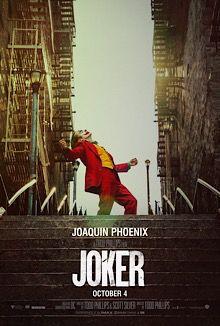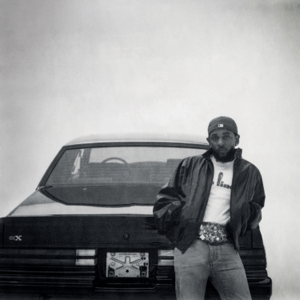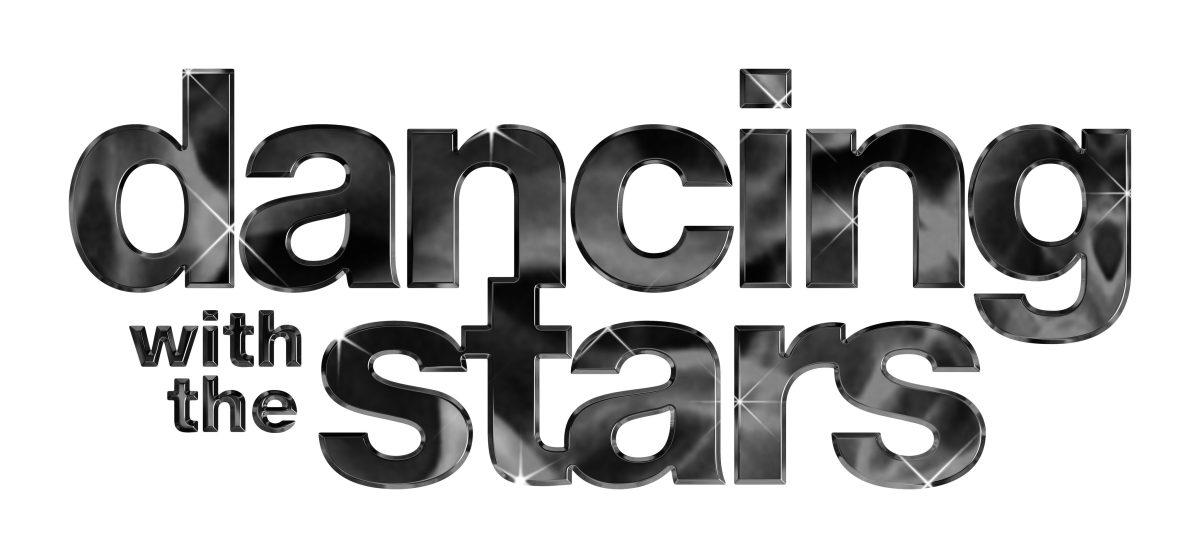Stars 4.5/5
During the history of the superhero film, from its early cartoon days to the modern renaissance of superhero cinema, there are certain landmarks that critics and fans point to, as a way of vocalizing how powerful the genre can actually be.
For instance, Richard Donner’s “Superman” in 1978 showed that a goofily-dressed super-powered god could also be a relatable human character. Bryan Singer’s 2000 hit “X-Men” put a super-powered team on the screen for the first time in a realistic, decidedly uncampy way.
2008 saw Christopher Nolan re-invent the superhero film in the timeless “The Dark Knight.” Even as recently as April of this year saw a masterclass in epic superhero storytelling with “Avengers: Endgame.”
However, it is with the Todd Phillips’ effort “Joker,” the latest film in the historically inconsistent District Comics Extended Universe, or DCEU, that sees the biggest departure from what a superhero film can be, and delivers a blisteringly dark, violent, and downright nerve-wracking character study disguised as an origin story for one of the most iconic super-villains of all time.
Wearing the influences of “Taxi Driver,” “The King of Comedy,” and other Martin Scorsese classics on its sleeve like a proud Boy Scout, “Joker” tells the story of Arthur Fleck, portrayed by Academy Award nominee Joaquin Phoenix, a man living in the crime-ridden Gotham City in its pre-Batman era.
Under the stress of caring for his sick mother, a failing healthcare system, and a lack of job security, the toll of the dark world he lives in begins the downward spiral of Fleck’s mind, as he delves into the criminal underworld, eventually becoming the iconic clown prince of crime.
Phoenix, an actor with no shortage of iconic roles, and under immense pressure given the legacy of Heath Ledger’s transformative and Oscar-winning performance of the character in “The Dark Knight,” absolutely shines as both Arthur Fleck and the Joker, displaying the instability and trepidation of Arthur, while transforming into the chaotic swagger of Joker later on in the film.
Every minute detail of his performance, from his smile and uneasy hand gestures, to the real-world laughing condition, is absolutely fine-tuned and perfected, and the level of dedication he goes to certainly engraves his name on a few golden trophies come award season.
Todd Phillips, the man behind such cinematic masterpieces as “The Hangover” and “Old School,” delivers a level of cinematic maturity that is shocking to say the least. Each frame, shot, edit, and every other directorial choice seems to ooze with purpose, as if every detail is screaming at you for you to notice it. Grand tracking shots worthy of a Nolan film, beautifully framed close ups, and a sense of pacing that creeps up on you like a cold breeze combine together to make an experience, at least on a technical level, unrivaled so far this year.
It is impossible to talk about this film without talking about the media controversy surrounding it, with many claiming that the film is going to incite violent crimes and give insecure white male incels a role model to worship.
While the film is certainly dark and shockingly violent, to say it celebrates Arthur’s downfall is a downright misinterpretation. You feel sympathy for him, absolutely, but you’re dreading the moment that he snaps. You’re praying that he doesn’t take it too far.
Every dark turn, every haunting decision is met with a sense of finality, as if there is no turning back, and as he dons the full makeup and owns the role, the feeling is your stomach isn’t one of triumph, but one of mourning and fear.
The movie is absolutely hard to watch, and hauntingly dark on a thematic level, but that’s the exact point. Does seeing Fleck dancing around, covered in blood, to the haunting strings of Hildur Guðnadóttir’s score, displaying a level of confidence unseen thus far in the movie, only to display itself after an unspeakable act of violence, make you uncomfortable? Good. That’s exactly the point the film is trying to make.
The only real issues that halt “Joker” from being a masterpiece are, well, the things that make it a movie about the Joker. Several tie-ins to the DC Universe felt odd and out of place, and for a stand-alone movie such as this, the decision to include these references seems bafflingly obtuse. However, as they are small, throwaway moments, they did not detract too much from the overall experience.
“Joker” is so much more than the average comic book film. It’s a haunting character study of a man pushed to the brink of madness, an exploration of the dangers of a cruel society, and a love letter to the 70s crime dramas that inspired it. It is an undeniably dark and uncomfortable movie, but it challenges the mind in a way that no comic book film has ever done before. Superhero cinema will never be the same after this, which is exactly what the Joker would have wanted.







